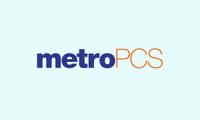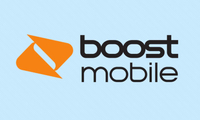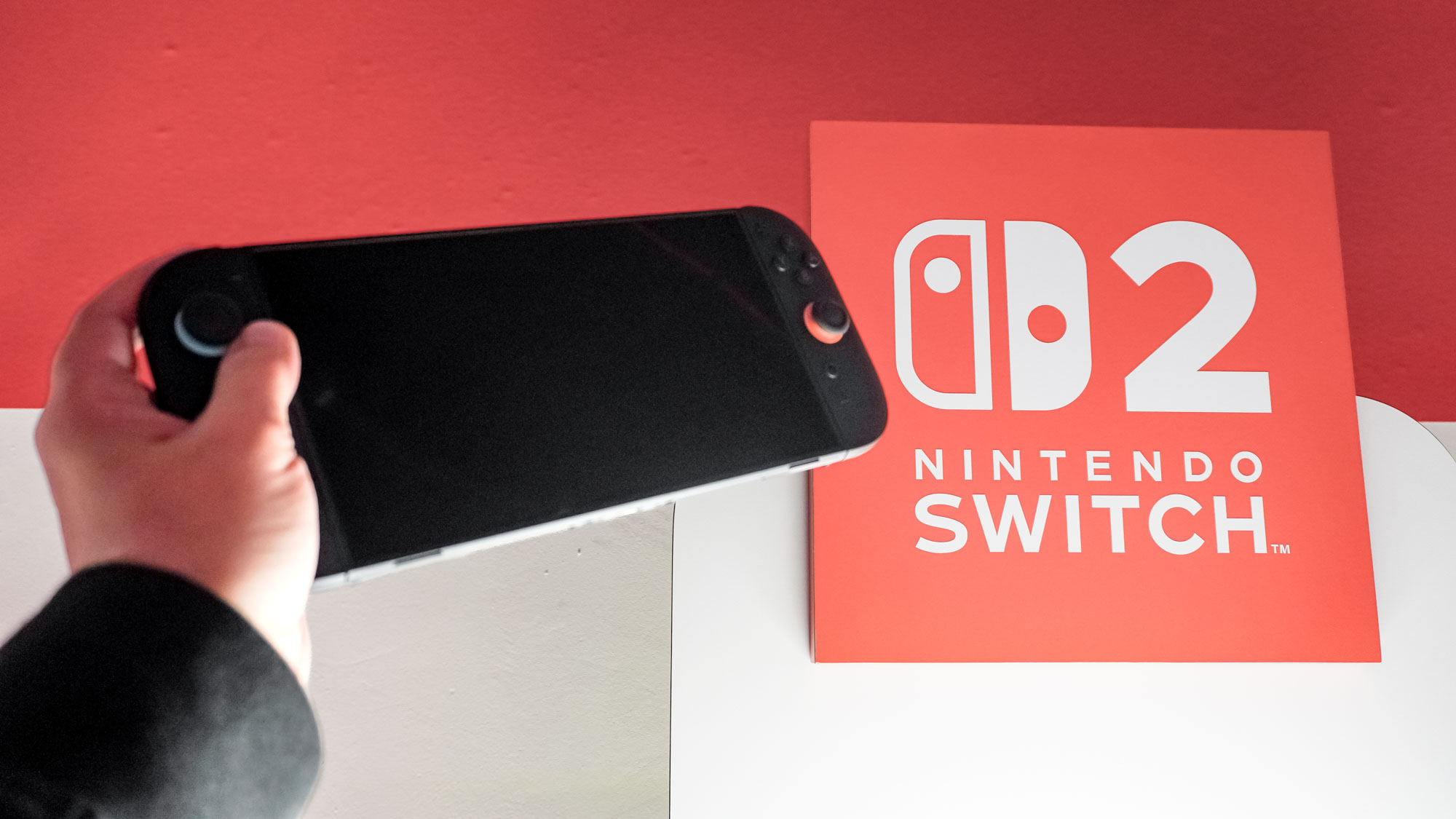MetroPCS vs. Boost Mobile: Which Is Right for You?
You can save money on your monthly cellphone bill by going with a prepaid carrier. But is MetroPCS or Boost the better choice?
Smartphone users are looking for ways to shave money off their monthly bills, and prepaid carriers — who offer lower-priced plans without many service bells and whistles — are one of the obvious ways to cut your costs. MetroPCS and Boost Mobile seem to sense that, as the two prepaid carriers have spent the last couple months rolling out new deals to attract new customers.
| Plan | Data Allotment | Monthly Cost | Notes |
| MetroPCS Tiered Data | 2GB/5GB | $30/$40 | Data tiers have adjusted after a summer promotion; tiered plans can use data as a mobile hotspot |
| Boost Mobile Tiered Data | 3GB | $35 | Lets you use LTE data as mobile hotspot |
| MetroPCS Unlimited Data | Unlimited | $50/$60 | $60 plan adds 10GB of LTE hotspot data; video streaming is limited to 480p |
| Boost Mobile Unlimited Data | Unlimited | $50 | Includes limits on video, music and game streaming; features 8GB of hotspot data |
In the latest salvo, Boost's monthly rates now include taxes and fees, matching a similar offer from MetroPCS. Both carriers now charge the same amount when you add extra lines, though you will find promotions to lure you and your family to switch over your wireless service.
But which carrier is the better choice? The decision comes down to network performance and data-plan options. Here's how MetroPCS and Boost stack up.
MetroPCS Key Strengths
- Uses T-Mobile's superior network
- Unlimited data plan is more attractive
- Choice of tiered data plans
Boost Mobile Key Strengths
- Better customer service
- Tie-in with Tidal streaming music service
- Aggressive promotion aimed at switchers
Coverage
A comparison between MetroPCS and Boost Mobile on network coverage is really a comparison between their parent companies. MetroPCS is owned by T-Mobile, while Boost is a Sprint subsidiary.
That would seem to tilt things in MetroPCS's favor, as T-Mobile has one of the better-rated networks, according to assorted testing firms. OpenSignal's latest report says that T-Mobile has the fastest network speed and greatest 4G availability of the four major carriers. Ookla agrees that T-Mobile has the fastest network, and while Sprint's speeds are improving, it still brings up the rear. A dissenting voice comes from RootMetrics, which actually puts Sprint ahead of T-Mobile in its RootScore ranking system.
MORE: The Fastest (and Slowest) Wireless Networks
Sprint can point to several areas where its network is improving. That OpenSignal report noted that Sprint's network speeds were getting faster and its 4G availability was on the rise, too. In RootMetrics' testing, Sprint actually tied with AT&T and Verizon for the best texting performance. Sprint points to results from Ookla that show its LTE Plus speeds up 28 percent over the last seven months.
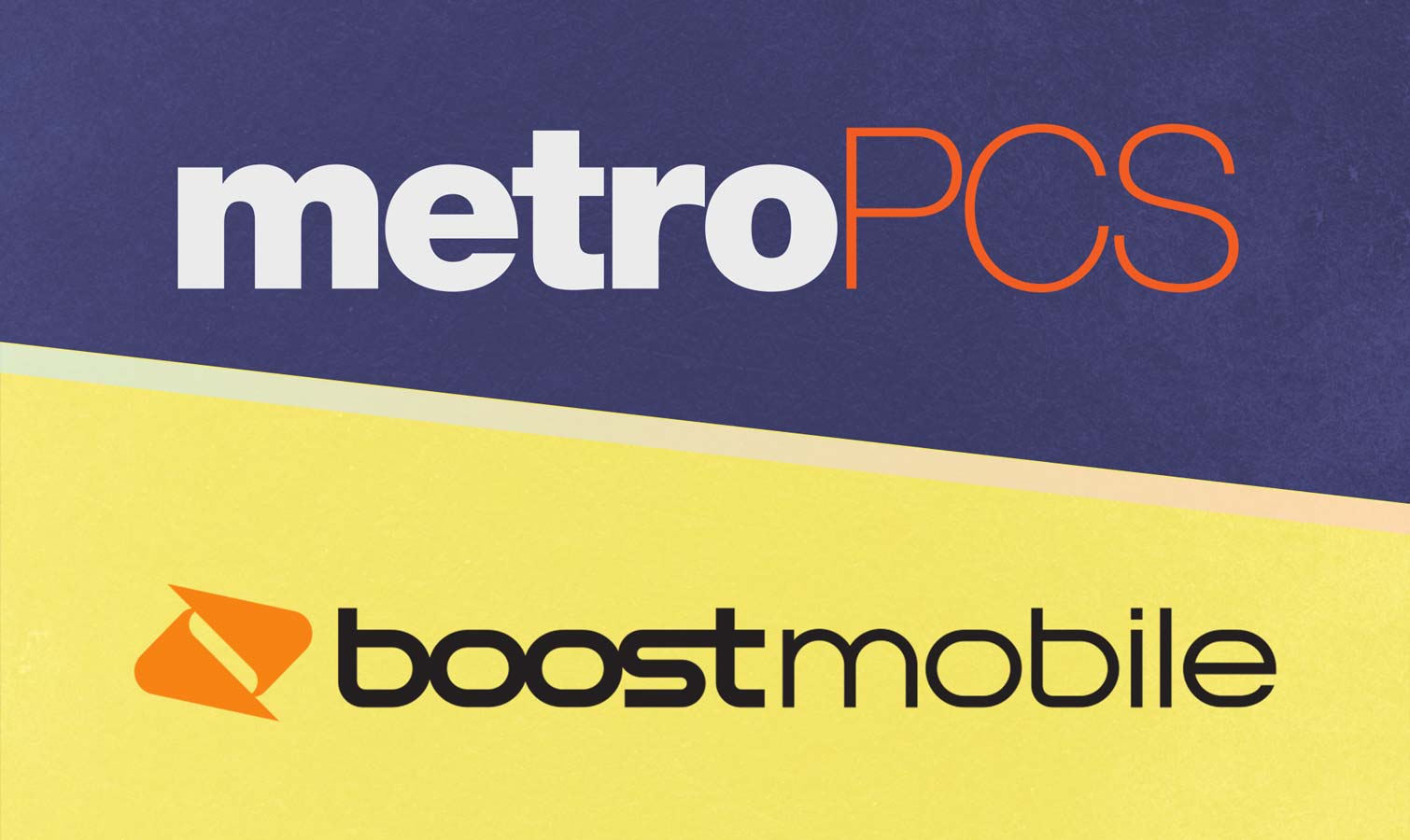
Still in our 4G testing, MetroPCS was noticeably faster and more consistent than Boost. MetroPCS had an average download speed of 22.1 Mbps in the six cities where we tested, compared with 16.8 Mbps for Boost. MetroPCS also averaged 1 minute and 41 seconds on our app download test; it took Boost 36 seconds longer to download that same app in our test. Both MetroPCS and Boost matched the performance of their parent carriers, which helped give MetroPCS the edge here.
Plans
MetroPCS has been tinkering with its data allotments and discounts on multiple lines, which give it a leg up on Boost. If you need wireless service for a family of five, though, a special offer from Boost can save you big bucks.
For Individuals
Individuals have four plans to pick from at MetroPCS — two with data limits and two offering unlimited data.
MetroPCS offers the best prepaid plan for individuals who don't need unlimited data. For $40 a month, you can get 5GB of LTE data. (That's less than the 6GB MetroPCS was offering over the summer, but still more than MetroPCS used to provide for $40. And it's bigger than a comparably priced Boost plan.) If your data needs are minimal, you can opt for MetroPCS's 2GB plan.
MetroPCS's unlimited plan starts at $50 a month, though you're restricted to 480p resolution on video streaming — that's about DVD quality — and you can't tether. Pay for MetroPCS's $60 unlimited plan, and you get 10GB of LTE hotspot data, though the video streaming restriction remains. MetroPCS says it costs an extra $10 to stream video at HD resolution.
Boost has just two options. A $35 plan offers 3GB of LTE data; the carrier used to offer a $5 autopay discount, but that program has been discontinued. So now you're paying $5 more than MetroPCS's basic 2GB plan to get 1GB more of data.
If you want to look at things from a different angle, you can nearly double your data by paying just $5 more per month at MetroPCS. As with MetroPCS, if you go over your data allotment at Boost, your speeds slow until the end of the billing cycle.
MORE: A Guide to No Contract and Prepaid Phone Plans
Boost's unlimited plan costs $50, the same monthly rate MetroPCS charges. Like MetroPCS, you're restricted to 480p streaming on video. But Boost also limits music streaming to 500 Kbps and streaming games to 2 Mbps; those limitations don't exist at MetroPCS. You can pay an extra $10 a month at Boost to lift those restrictions, which lets you stream video at 1080p, music at 1.5 Mbps and games at 8 Mbps.
Boost's $50 unlimited plan has one edge over MetroPCS's equivalent plan: you get 8GB of LTE hotspot data. MetroPCS makes you pay an extra $10 for hotspot data on its unlimited plan.
For Families
Both Boost and MetroPCS offer discounts when you add multiple lines. In fact, both carriers now charge the exact same amount for additional lines — $30 per line. That's changed from over the summer, when Boost and MetroPCS tried out different rates to attract new customers.
That $30-per-additional-line charge is more attractive on higher-priced unlimited plans. You won't get any discount, for instance, when you add an extra line to MetroPCS's $30-a-month 2GB plan, and Boost customers only save $5 when they add an additional line to the 3GB plan. Both carriers give you a $20 discount when you add lines to their unlimited offerings, though.
| Row 0 - Cell 0 | One line of unlimited data | Two lines of unlimited data | Three lines of unlimited data | Four lines of unlimited data |
| Boost | $50 | $80 | $110 | $140 |
| MetroPCS | $50 | $80 | $110 | $140 |
Boost offers even bigger savings with a special promotion that runs through the end of November. Switch over to Boost from MetroPCS or Cricket, and you can get five lines of unlimited data for $100 per month. The catch is that if you drop any of those lines, you'll still have to pay $100. Meanwhile, MetroPCS has an in-store promotion, offering four lines of unlimited data at $100 per month, and the carrier will offer four free phones, too, if you're switching over four lines from another prepaid service.
Customer Service
When we tested the customer support offered by nine wireless carriers earlier this year, Boost finished in the middle of the pack, tied with its parent company Sprint. That still placed Boost ahead of MetroPCS, which — despite some improvements to its customer service — still finished in seventh place.
Boost's customer support is both speedy and friendly, and you can get a lot of help just by searching the company's surprisingly robust website. When we posted questions to Boost's Twitter and Facebook accounts, we received prompt responses, even if they weren't always completely helpful ones. Boost tries to use automated menus to solve your problems when you call its customer-support line, but subscribers who want to get help from a real live human might find that approach frustrating.
MetroPCS used to bring up the rear in our customer service rankings, so its seventh-place finish (out of nine) this time shows some improvement. The MetroPCS website lists more information than it used to, but phone support remains hit-or-miss. (It is available 24 hours a day, though.) We got slow responses to tech-support questions posted to social media.
Phone Selection
MetroPCS and Boost are fairly similar when it comes to phone selection, with both carriers putting an emphasis on low-cost models.
Boost offers 30 phones as of this writing, with 22 of those devices costing $200 or less. (One of those low-cost devices is a flip phone.) Refurbished phones mean you can save a bundle on aging models, such as a pre-owned Galaxy S7 available for $199. Among newer models, Boost sells the Galaxy S8 for $549, $180 less than what you'll pay at MetroPCS; Boost also sells the iPhone 8 for less than what MetroPCS charges. You'll also find nice exclusives like the attractively priced ZTE Max XL.
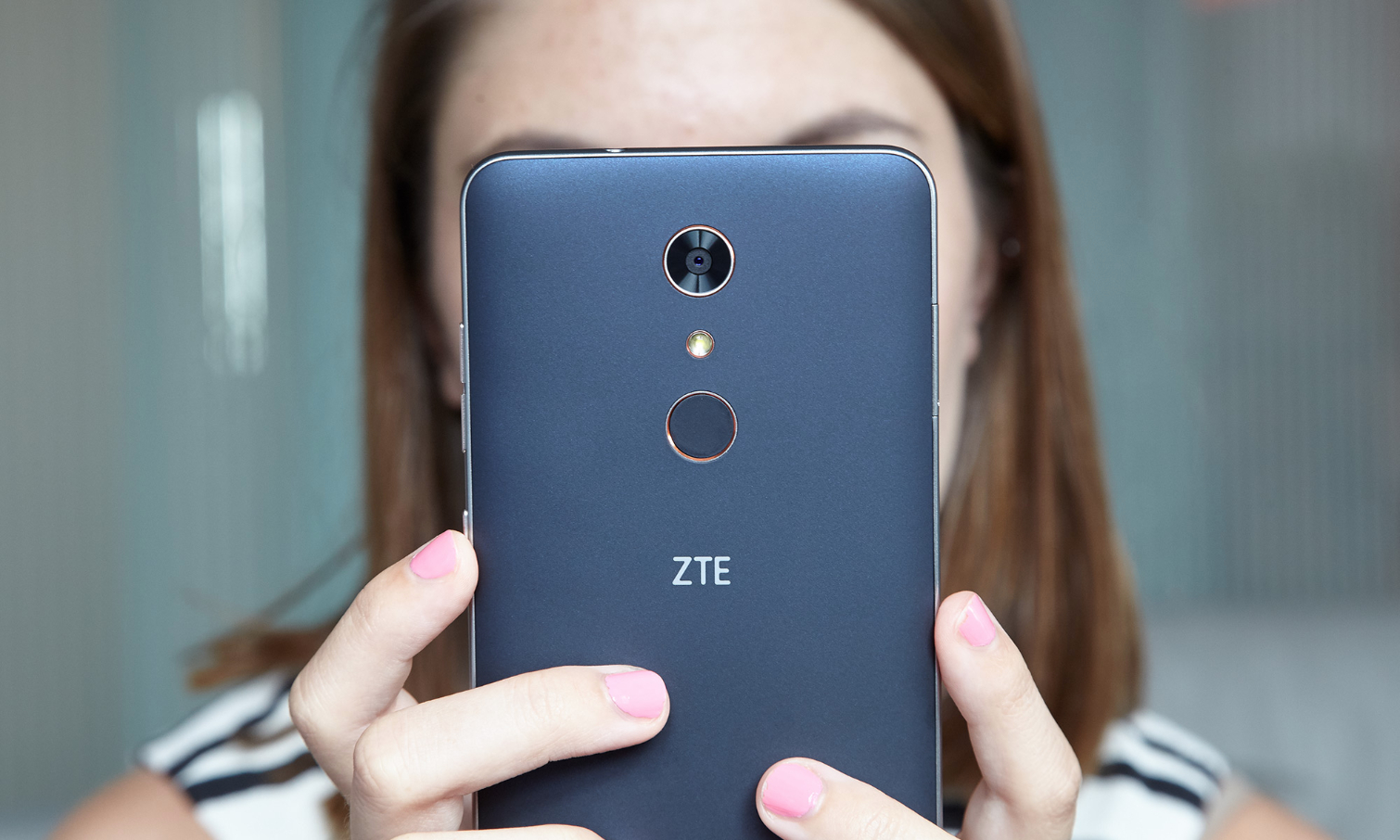
MetroPCS can point to some good exclusives of its own, like then ZTE Blade Z Max. It offers 31 models as of this writing — that includes two flip phones. You'll find 20 phones for less than $200 at MetroPCS, which has the iPhone X available
Both carriers let you bring your own phone; though on Boost, your device will need to work with a CDMA-based network.
MORE: Best Cheap Unlocked Smartphones
Extras and Perks
Going with a prepaid carrier often means giving up the kind of bonuses one of the Big Four carriers dangle at customers. But MetroPCS and Boost do offer some benefits to their subscribers.
MetroPCS offers a Data Maximizer with its tiered data plans, giving you the option of streaming video at lower resolutions so that you're not consuming as much data. If you've got the 6GB plan, you can stream music from Pandora, iHeartRadio, Apple Music and Spotify without using up any of your allotted LTE data. Both tiered data plans also let you use your phone as a mobile hotspot.
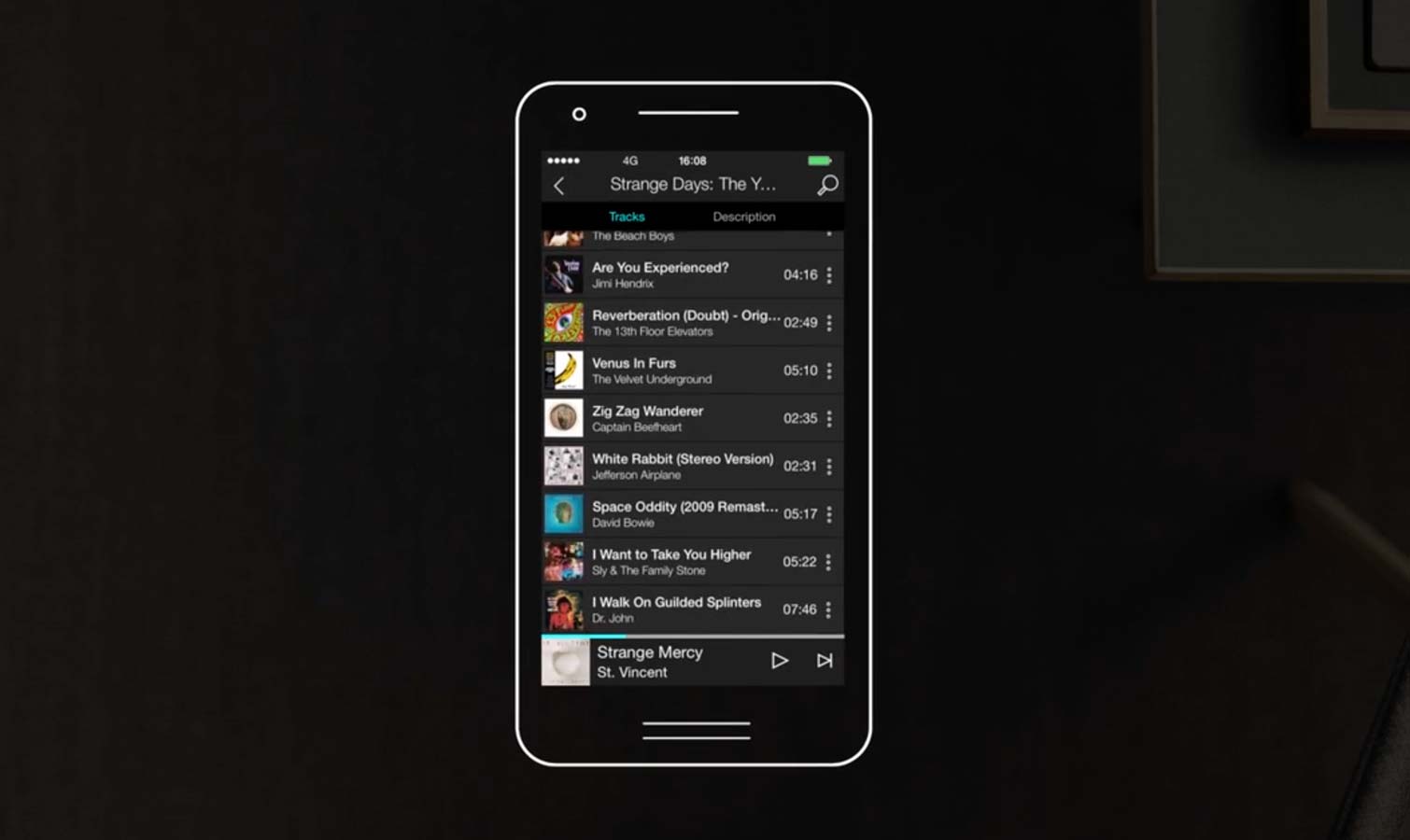
Like MetroPCS, Boost lets subscribers on its tiered data plan stream music from select services — six in Boost's case — without it drawing from its data pool. Boost customers can also sign up for six free months of Tidal HiFi, a streaming service that normally costs $20 a month. Subscribers can also earn account credits by installing the Boots Dealz app, which puts ads and offers on their phones. Both the 3GB and unlimited plans let you use your data as a mobile hotspot, with the unlimited plan offering 8GB of LTE hotspot data each month.
Bottom Line
If you're debating whether to choose MetroPCS or Boost, MetroPCS ticks off the two most important considerations — coverage and price. T-Mobile's network performs better than Sprint's in more areas, and MetroPCS customers reap that benefit. MetroPCS plans offer more options, including a more compelling unlimited offering.
Boost customers can expect better customer service, and if you buy a device through the carrier, you'll have a solid selection of affordably priced handsets (though MetroPCS is no slouch when it comes to the number of phones that cost less than $200.)
MetroPCS remains the better option for most users. But Boost has enough going for it to make the decision tougher than you might think.
Image Credits: Tom's Guide
Sign up to get the BEST of Tom's Guide direct to your inbox.
Get instant access to breaking news, the hottest reviews, great deals and helpful tips.
Philip Michaels is a Managing Editor at Tom's Guide. He's been covering personal technology since 1999 and was in the building when Steve Jobs showed off the iPhone for the first time. He's been evaluating smartphones since that first iPhone debuted in 2007, and he's been following phone carriers and smartphone plans since 2015. He has strong opinions about Apple, the Oakland Athletics, old movies and proper butchery techniques. Follow him at @PhilipMichaels.
-
carlosbri81 Great article, I switch from Metro Pcs to boost Mobile back in April of 2017 and I found in the Tampa market that both companies offer great services. Both companies offer great phone selections with comparable services in the Tampa bay market. I switch to Boost mobile was due to their promotion of four lines for $100 with unlimited 4g LTE.. The price is great and I couldn't be happier.Reply
